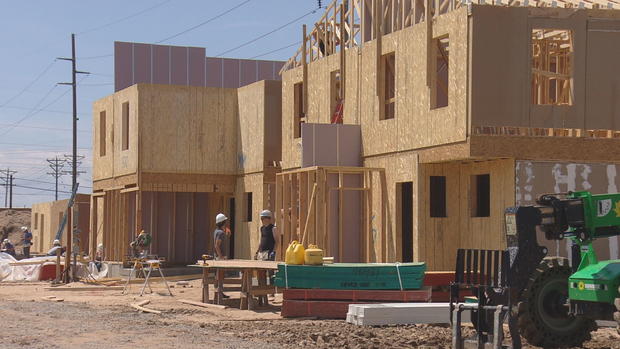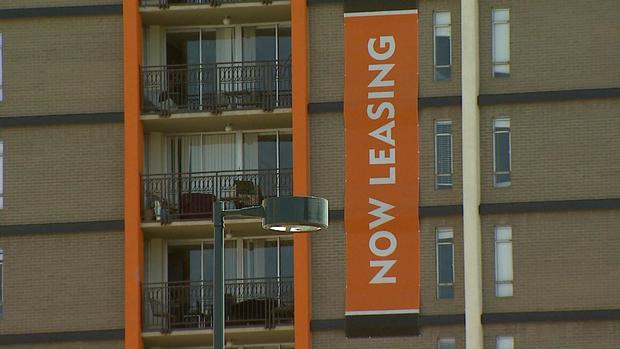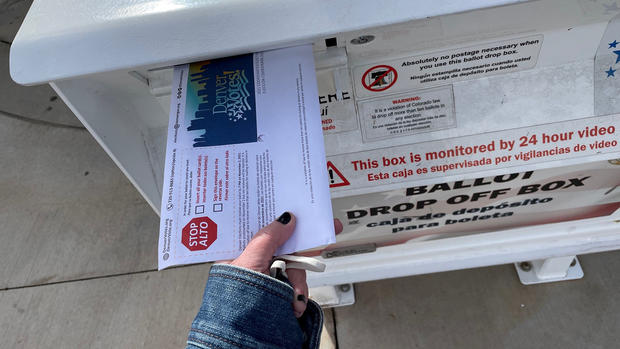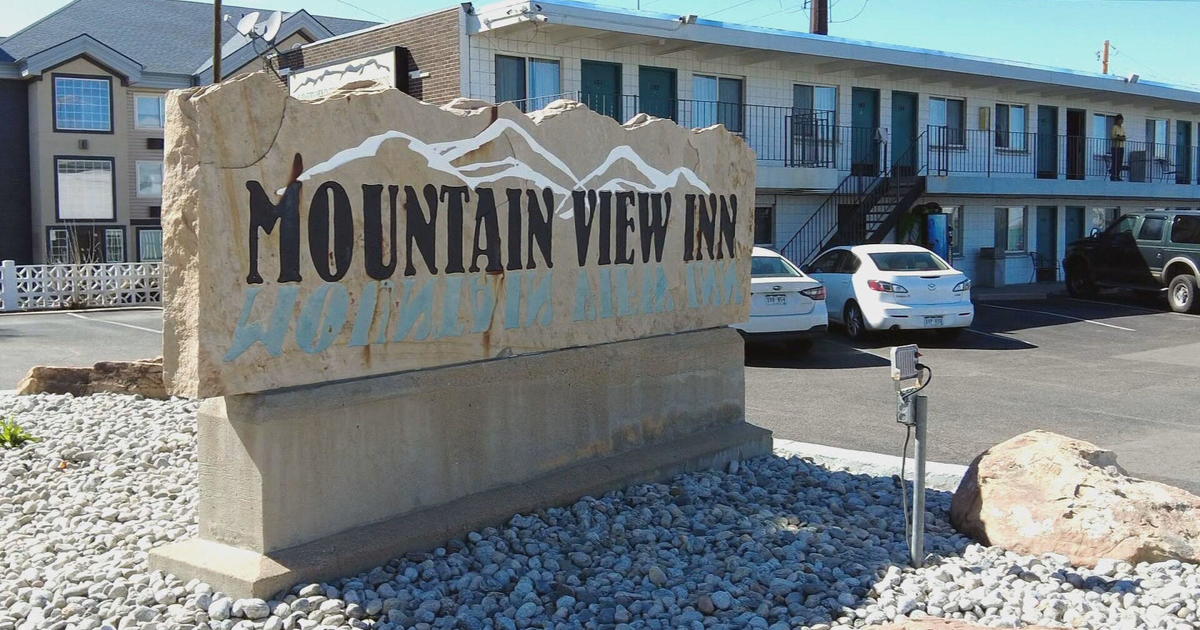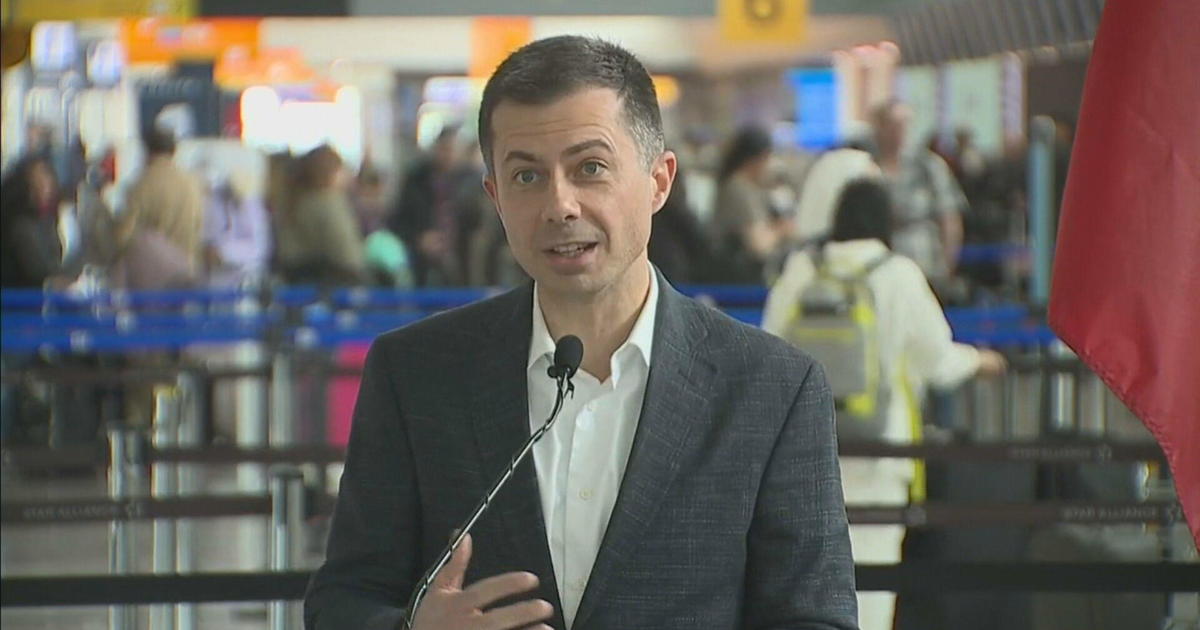Housing initiative makes it on the November ballot
Backers of a ballot question asking voters to approve dedicating state income tax revenue to a new affordable housing fund got a victory Friday when the Secretary of State announced Initiative 108 had obtained a sufficient number of signatures and will be placed on the Nov. 8 ballot.
"The first time housing's been on the ballot in Colorado," said Mike Johnston, a former Democratic state senator and current CEO and President of Gary Community Ventures. "What we know is we're going to need a permanent stable revenue source committed to keeping housing affordable in this state if we're going to solve that problem."
The initiative calls for 0.1% of state income tax revenue to be diverted from the state's General Fund to a new State Affordable Housing Fund. It would be exempted from the state Taxpayer's Bill of Rights or TABOR limit. That would mean a likely reduction in future TABOR refund amounts to taxpayers. A fiscal impact statement from the nonpartisan Legislative Council Staff predicts it would reduce TABOR refunds by approximately $40 for the tax year 2023, then rise to $80 per taxpayer on average for 2024. The fund would exist beyond that into the future, but there is no forecast of state revenue subject to TABOR beyond the 2023-24 fiscal year.
"Right now we know voters believe housing is the single most important issue in the state. We know they believe they want the state to do more about it. This gives them a chance to vote on that," said Johnston.
The fund would be available for local communities to utilize if they met the criteria including a commitment to expand their affordable housing by 3% a year. It would also stipulate that there be a fast-track process to prioritize review and supports the creation of mixed use housing.
"What this will get us is 10,000 more affordable units every year in Colorado that teachers and nurses and firefighters and people can have a place to live," said Johnston. "One of the things that this can do is help build more of those permanent supportive housing units that people have as their first transition off the streets."
About 40 agencies and organizations support the initiative and supporters claim bi-partisan support, but that is at county and local levels.
There is no Republican support yet at the state level.
"If this passes, the number on that TABOR refund check is going to be smaller. And potentially in some years, there won't be a check coming to you because this will take all of it, " said Natalie Menten, a board member for the non-profit TABOR Foundation. "I oppose this on multiple levels."
Menten says she believes the fast track process would also push aside others seeking review effectively cutting the line for permit approval. A Lakewood resident and former RTD board member, Menten says she also fears it could bring housing she would oppose.
"Many of us don't want to live in downtown. But what this measure is driving us to do is get more high-density housing and that is not what I want to see more of, frankly."
Johnston said the change would mean financing help, not grants. Rent payers would be able to have a portion of rent set aside and held to be later returned for use as a down payment on a home purchase. The creation of the housing he said would come via a mixture of community non-profit and for-profit developers.
"All of those people have the same rules and the rules are the units they construct with these dollars have to remain permanently affordable."
